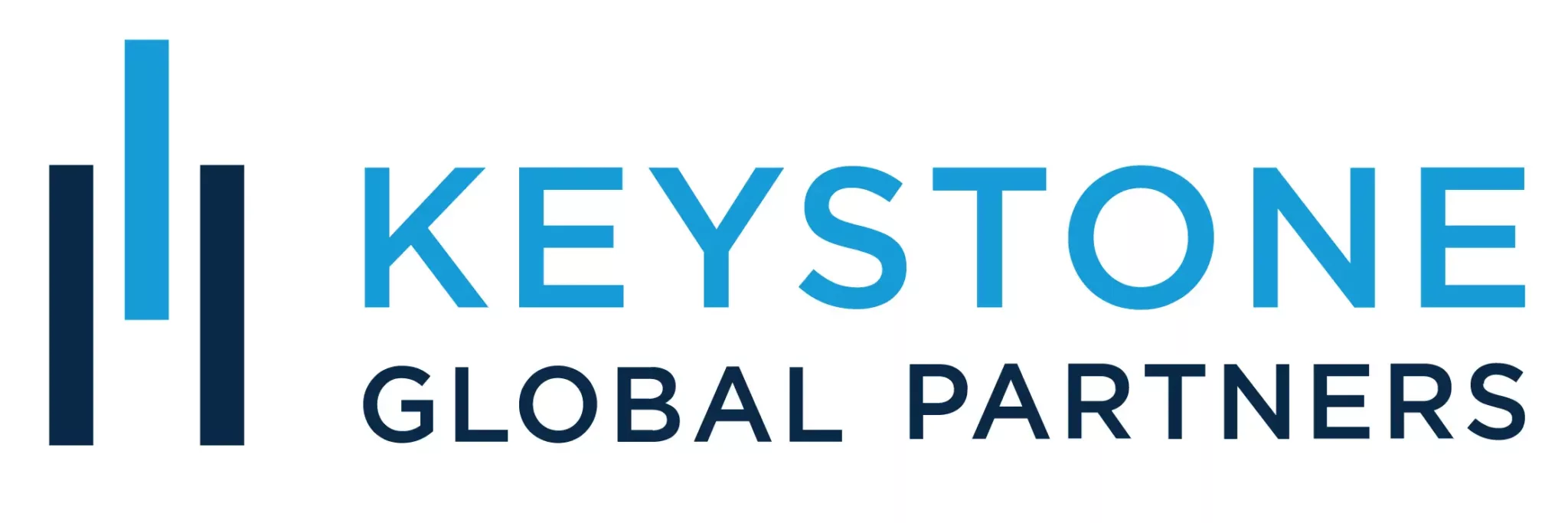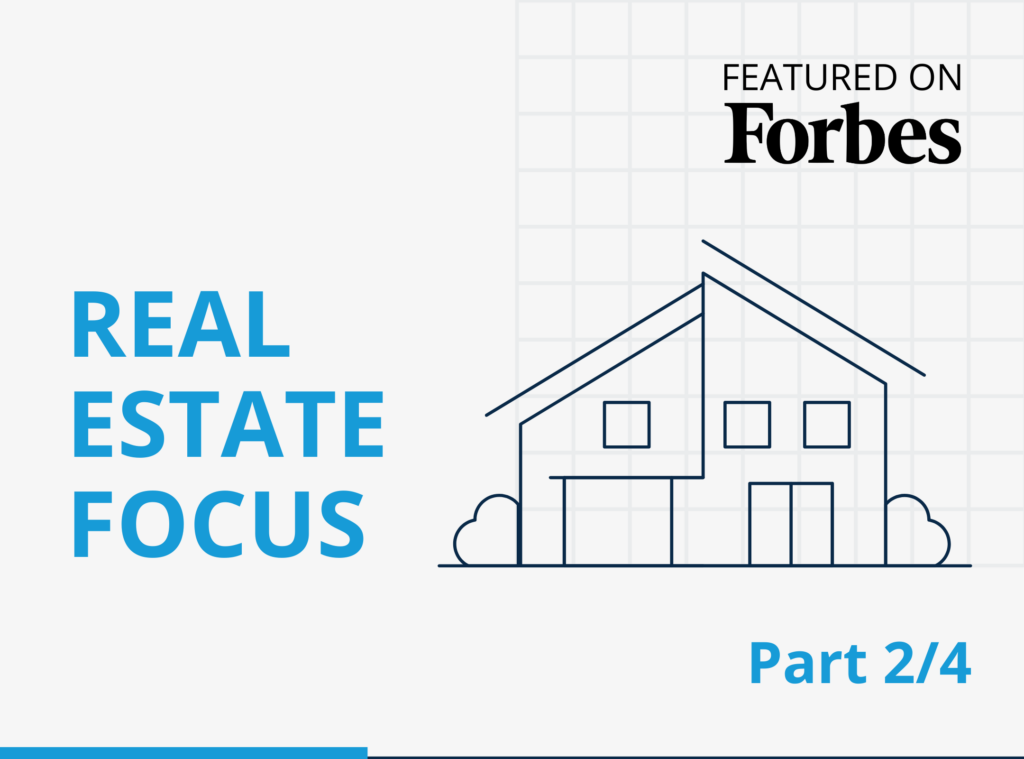This article was originally published on Forbes.com on January 27, 2021. This article is part 2 of a 4 part series on real estate. Written by Peyton Carr.
If you are considering buying a house or condo, there is a lot to consider. It’s about far more than finding a nice place to call home. A home is an investment — a major asset to add to your portfolio. So it’s important to explore how your home purchase will fit into your overall financial plan.
Financial and Investment Planning
Buying a home impacts your personal finances in significant ways, so it’s important to evaluate a home purchase from a financial planning perspective. While plans change, you’ll need to be of the mindset that this investment may require a five to ten-year commitment or more.
Transaction costs alone mean it could take years to break even on the purchase. Upfront expenses can add up quickly, such as your down payment, mansion tax (for New Yorkers), other taxes, legal fees, amongst others. In general, it takes homebuyers around five years to recoup this investment.
As a homeowner, you are tying up your personal cash flow in ways that renters don’t have to consider. You will be committing to a long-term mortgage. Maintenance and upkeep are sure to cut into your monthly budget, and you will need to keep emergency cash reserves to pay for repairs.
You will feel wealthier if you are not using the maximum mortgage you qualify for. Taking on a smaller mortgage gives you more cash flow, which offers more flexibility and freedom. The term “house rich” and “cash poor” comes from people who need to cut back on everyday expenses and travels in order to support their mortgage payments.
You also have to factor in that your home purchase might turn out to be a poor investment. The house could be an unexpected money pit with undisclosed problems. You may inadvertently buy at the height of the market. Neighborhood values could drop. Your income could decrease due to an unexpected rough patch in your business.
From a financial planning perspective, you need a strategy for managing various possibilities should the investment or life go awry. A general rule is to build in a healthy margin of safety. This can take the form of being conservative on your estimates of homeownership costs, taking less mortgage than your max qualification, not depending on the bonus portion of your income, and more.
Is Now a Good Time to Buy?
Whether the economy is up, down, or volatile, much of the trepidation about real estate has to do with timing. Nobody wants to get in at the wrong time or get caught in a real estate bubble. And of course, they want to know if real estate will go on sale.
Trying to time the real estate market may not matter in some cases. If you have the excess capital, your career and family size are relatively stable, and you know where you want to live for the next 5+ years, then there is a bias to purchase a home in most cases.
If, for example, you are renting a home for $6k/month, you would be spending close to $72k/yr in rent. Over five years, that would amount to $360k in rent expense. If you bought a $1.5mn home, even with a market downturn of 10-15%, you would still be breaking even. Anything better than that and you are coming out ahead.
While you can never time the market precisely, look carefully at the history of real estate performance for clues. In San Francisco, the tech bubble burst of 2000 saw values drop by 10%, and the financial crisis of 2008 triggered more than double those losses in some areas. However, historically, a full recovery has come within five to seven years in most cases. In New York City, the dot-com bubble stopped a real estate upswing, and the financial crisis saw prices in Manhattan drop by 12%, while boom years show steady and sustained increases.
While this data can’t predict the future, it does show you that riding out a real estate downmarket can take years. Go in prepared to own the home for at least seven years in case there is an unexpected real estate downturn in the near future.
Understanding the real estate market cycle can help you gauge where you sit in the cycle and utilize appropriate smart strategies. During the expansion phase, where growth happens, you may want to get in early and ride the wave. When the market starts to stabilize during equilibrium, it may be a good time to sell, particularly if your home has increased in value. When the market is in decline, this could be a good time to buy a property at a discount. During the absorption phase, when prices stop falling, you can take advantage of good deals in solid neighborhoods.
Looking carefully into exactly where to buy also makes a difference. Hot “up and coming” neighborhoods may fizzle out during a bust or be slower to recover on the other end, whereas established, central neighborhoods may be affected to a lesser degree and rebound more quickly. Established suburban neighborhoods with aging demographics can be vulnerable to market corrections as well, while strong school districts tend to be more resilient. In short, ask around and get a true feel for where you are buying before committing. Though identifying the right neighborhoods is more challenging to pin down than it was in the past, the importance of “location, location, location” continues to ring true.
We always recommend partnering with a financial advisor that can help create a plan that includes your house, your portfolio, and your other financial needs. Managing your finances is an art of balancing a portfolio against short and long-term goals while accounting for uncertainty and risk. A comprehensive approach can be beneficial, offering a clearer picture of whether buying or renting is right for you.
This article is Part 2 of the Guide to Real Estate series. Read Part 1 or Part 3.


